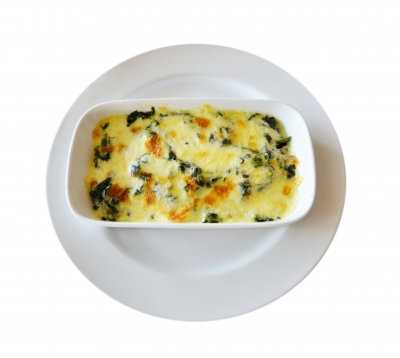What is Hypoglycemia?
Reactive hypoglycemia usually occurs when your pancreas is overproducing insulin. Insulin is a hormone your pancreas makes to carry sugar (glucose) from your bloodstream to your body’s cells to supply you with energy. In other words, it helps your body convert sugar into energy. If you produce too much insulin, you will carry too much sugar out of the blood and the result will be hypoglycemia, otherwise known as low blood sugar. Hypoglycemia is defined as blood glucose levels below 50 mg/dl in those people with reactive hypoglycemia.
What are the symptoms?
You can tell how low your blood sugar is by testing it with a glucose monitor. There are obvious signs of low blood sugar, however. Sweating, hunger, shakiness, weakness, mental confusion, rapid heart rate, dizziness and blurred vision are some possible signs. If you have had hypoglycemia before, you may already know what your particular symptoms are.
How can I treat it?
Modifications of dietary carbohydrate help prevent hypoglycemia. Since carbohydrates turn 100% into sugar, they will stimulate insulin production. By overeating carbohydrates at one meal or snack (starches, fruits, milk), you will overproduce insulin and that will lead to hypoglycemia. An example of over-consumption might be a large bagel. The bagel is equal to 4 pieces of bread or 5 tablespoons of sugar. Each 15 grams of total carbohydrate turn into 4 tsp. of sugar (1 Tbsp. + 1 tsp.) in the bloodstream. This is excessive if you tend to be hypoglycemic.
Dietary Guidelines
• Eat six small meals a day.
• Each time you eat, you should combine a high-fiber carbohydrate (oatmeal) with a good fat (walnuts) and/or lean protein (cottage cheese). By combining foods that help you digest slowly, you are slowing down the release of sugar into the bloodstream and therefore you are less likely to overproduce insulin.
• Do not eat more than 30 grams of total carbohydrate at one time.
• Avoid excessive intake of sugar in the form of sweets. These foods may stimulate excessive insulin release in persons with hypoglycemia because of their quick release of sugar into the bloodstream.


